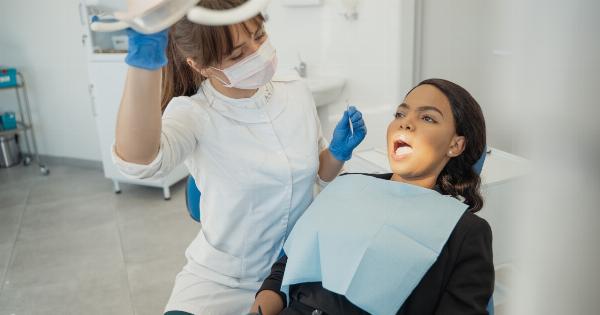Urinary tract infections (UTIs) affect millions of people worldwide, with women being more susceptible than men. Although antibiotics are commonly used to treat UTIs, recurrent infections are a common problem.
Combination therapy, which involves the use of multiple drugs, is emerging as a promising approach to treating recurrent UTIs.
What is Combination Therapy?
Combination therapy involves the use of two or more drugs to treat an infection. The aim of combination therapy is to increase the effectiveness of treatment and reduce the likelihood of resistance developing.
In the context of UTIs, combination therapy typically involves the use of antibiotics, along with other drugs such as probiotics or anti-inflammatory agents.
Probiotics for UTIs
Probiotics are live microorganisms that are believed to have health benefits when consumed.
In the context of UTIs, certain probiotics have been shown to make it harder for harmful bacteria to grow in the urinary tract, thus reducing the likelihood of infection. A recent study found that women who took a combination of probiotics and antibiotics had a lower risk of recurrent UTIs compared to those who only took antibiotics.
Anti-inflammatory Agents for UTIs
Anti-inflammatory agents are drugs that reduce inflammation in the body. In the context of UTIs, certain anti-inflammatory agents have been shown to reduce pain and discomfort associated with the infection.
A recent study found that women who took a combination of antibiotics and an anti-inflammatory agent had a lower risk of recurrent UTIs compared to those who only took antibiotics.
Challenges and Limitations
One of the biggest challenges associated with combination therapy for UTIs is the risk of side effects. When multiple drugs are used, there is a higher likelihood of adverse reactions occurring.
Additionally, the cost of combination therapy may be higher than that of single drug therapy. Finally, there is a risk that the use of combination therapy could contribute to the development of antibiotic resistance.
Conclusion
Although the use of combination therapy for recurrent UTIs is still in its infancy, early research suggests that it could be an effective approach to treating this common problem.
The use of probiotics and anti-inflammatory agents, in combination with antibiotics, shows promise in reducing the risk of recurrent UTIs. However, further research is needed to determine the optimal combination of drugs and dose, as well as the long-term safety and efficacy of this approach.































